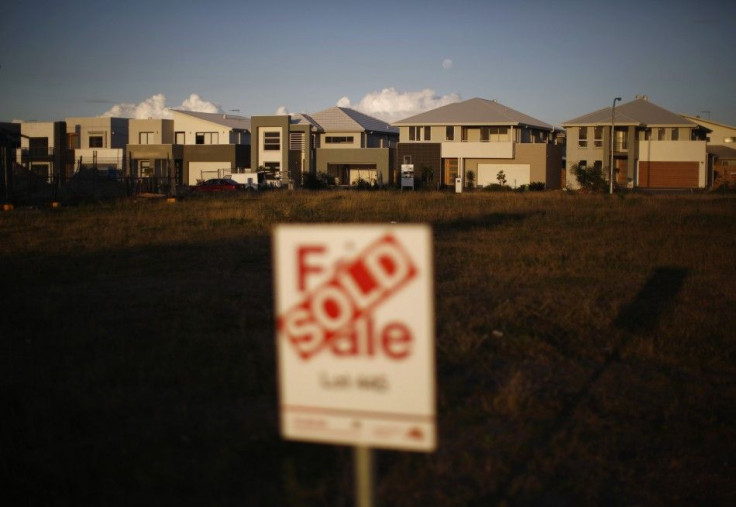Air Pollution Shortens Lifespans, Kills 1,600 Australians Every Year

Air pollution is killing almost 1,600 Australians in the country's major capital cities every year. According to a new report, Australians living in Melbourne, Sydney, Perth, southeast Queensland, including longtime residents in Gold Coast, Ipswich and Brisbane will have a shorter lifespan because of continuous exposure to air pollution.
The health risk assessment released by the National Environment Protection Council has found that air pollution due to human activity is killing Australians every year. The council conducted the report as part of its effort to develop mandatory national standards for fine particle emissions.
In Sydney, air pollution will take away 72 days from the lifespan of males and 65 days for female, according to researchers. The continuous inhalation of fine pollutants in the air is also a problem for residents in Perth, Melbourne and the southeastern part of Queensland. Australians who are constantly exposed to air pollution face a higher risk of asthma and other cardiovascular-related diseases.
Air pollution is measured using concentrations of PM particles. The PM2.5 particle is the most harmful to health because it is smaller in size and can easily affect the lungs.
Tiny particles in polluted air, known as PM2.5, were identified as risk factors to lung cancer and other respiratory diseases.
Based on 2008 data, fine particle pollution has caused the deaths of 570 Australians in Melbourne, 520 people in Sydney, 247 in southeast Queensland and in Perth. The report said the composition of air pollution in every city is "unique," but the main contributors were identified as emissions from motor vehicles, coal-fired industries, solid fuel heaters and heavy industries. Researchers said bushfires also contribute to air pollution, but only as they occur.
In a study published in the Environmental Research Letters journal, about 2.1 million people around the world were found to have premature deaths due to fine particle pollution. Most of the deaths were from cardiopulmonary disease, while some died from lung cancer.
Associate Professor Geoff Morgan said the impact of air pollution to health can only be evaluated based on estimates and scientific research on health risks. He added that Australia's air pollution level is "relatively low" compared to other countries. However, Morgan said it doesn't mean the country will not do anything.
The report is a collaboration between the University of Sydney, University of Western Sydney, Southern Cross University and University of Wollongong. Researchers believe that reduced exposure to air pollution on the first year would result in 140 fewer deaths in Sydney alone.




















